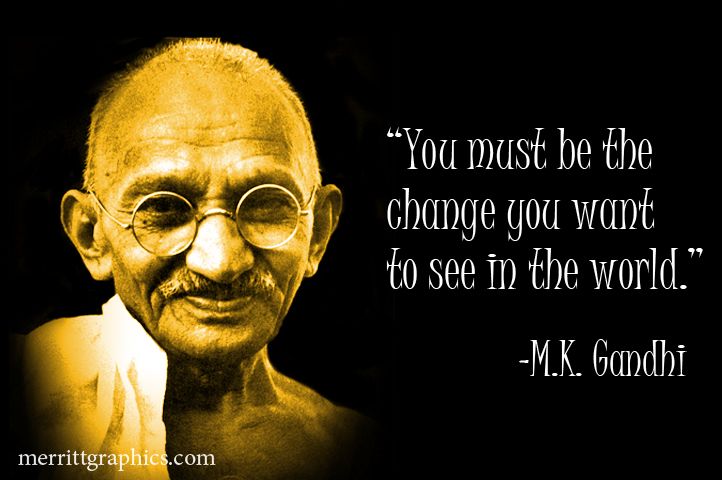By Sant Rajinder Singh Ji Maharaj
All too often people are quick to pass judgment on others without knowing their full story. They may be quick to criticize someone’s actions, believing that their perspective is correct and that they understand all the circumstances. In turn, how many of us are willing to withhold judgment and put ourselves in the shoes of another person? How many times have we passed judgment on others only to later find that they had a good reason that justified their actions? Along the same lines, if we want others to change their ways, telling them will have little effect unless we are examples of that behavior.
In this connection, there is a true story from the animal kingdom about a team of researchers who had gone to Africa to study the behavior of elephants. They came across an area in which a pack of elephants was running wild. As the research team set up telescopic cameras to observe the animals from a distance, they saw that every day the elephants were fighting with each other, running over trees and destroying their environment. They had studied other elephant packs before and never saw such chaotic and wild behavior. On further investigation they discovered that the group was composed of all teenage male elephants. There were no adult male elephants in the group. When they checked with the local inhabitants in the village why there were no adult male elephants in the pack, the villagers explained that poachers came into the village and killed all the male adults for their ivory.
The researchers saw that the teenage male elephants had no adult male role models from which to learn. Curious to see if it truly made a difference, they arranged to have some male elephants brought in from another area. The first thing the male adults did was to flap their ears and raise their trunks. Next, they began to make loud trumpeting sounds. In the beginning, there was no change and the teen elephants continued to run wild and fight each other. However, after a few days in which the adults flapped their ears, raised their trunks, and made loud noises, the teen elephants began to settle down. Over time, they became well behaved and their wild actions subsided.
The researchers realized that on their own, the teen elephants had no role models and did not know how to behave. Once the male adults were introduced into their pack, the teens had role models and began to be disciplined.
In the same way, as parents, we teach our children through loving discipline and by setting an example. Our children do not believe in our words alone but in what they see us do. They copy our own good and bad habits because that is the example we set. Similarly, when we are in a position to train or teach others—whether we are teachers, parents, employers, or citizens imploring others to be conscientious—we must first set an example ourselves. That is the only way to bring about change, teaching by example rather than by mere words. If we want to see a positive change in others and in our family, neighborhood, community, society, or country, then we need to set an example. In the words of Mahatma Gandhi, “Be the change you want to see in the world.”
On the spiritual path, two qualities to inculcate are patience and understanding. These are aspects of leading a nonviolent life. Those who are nonviolent are patient. They do not rush to criticize or accuse someone. With empathy they try to think of how the world looks through other people’s eyes. If each of us could treat others with patience, love, and understanding, this world would be more peaceful and loving. When we are patient and understanding, we never have to go to sleep at night worrying if we did the right thing. We will know that when we have patience and understanding, we are acting in a noble way.












